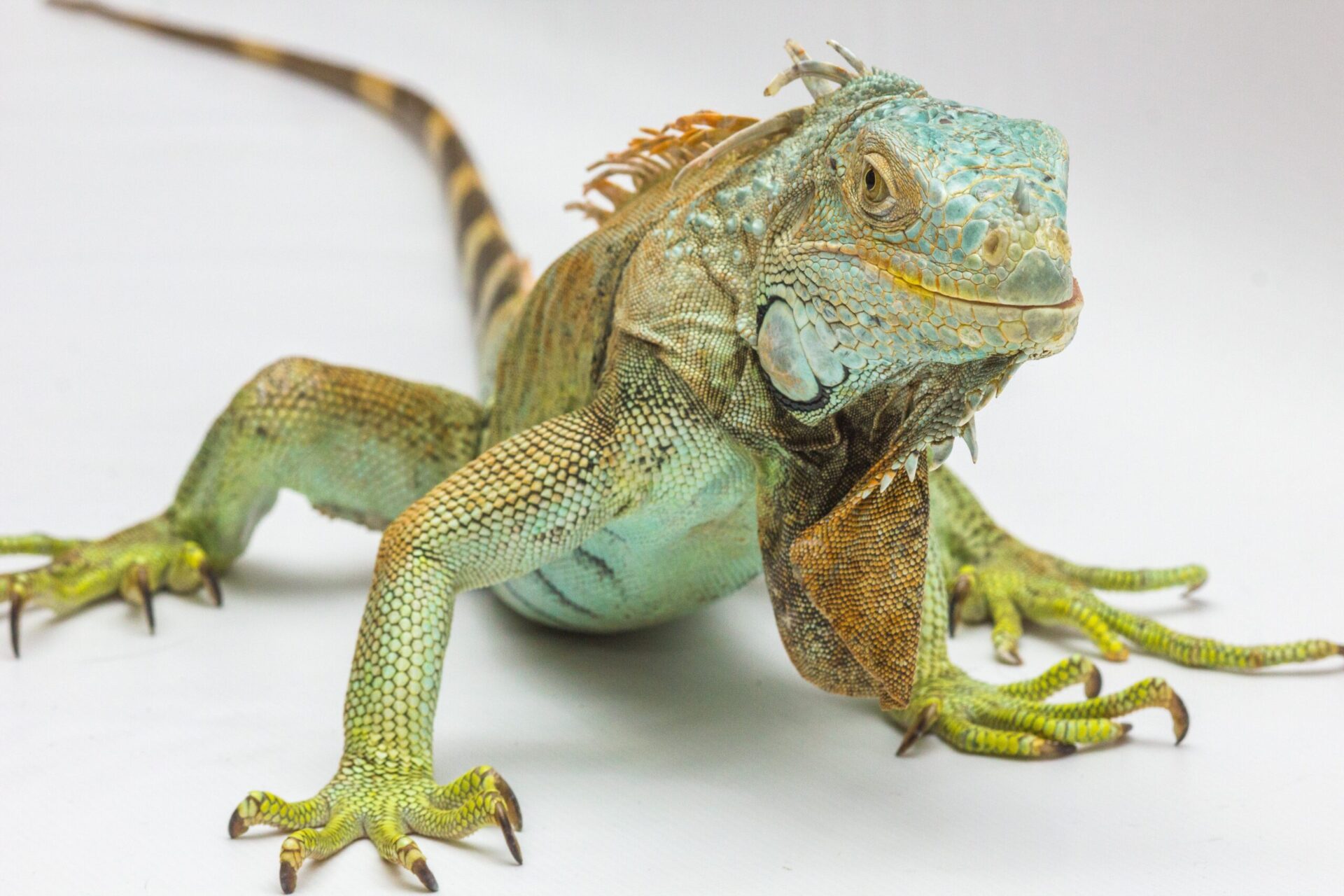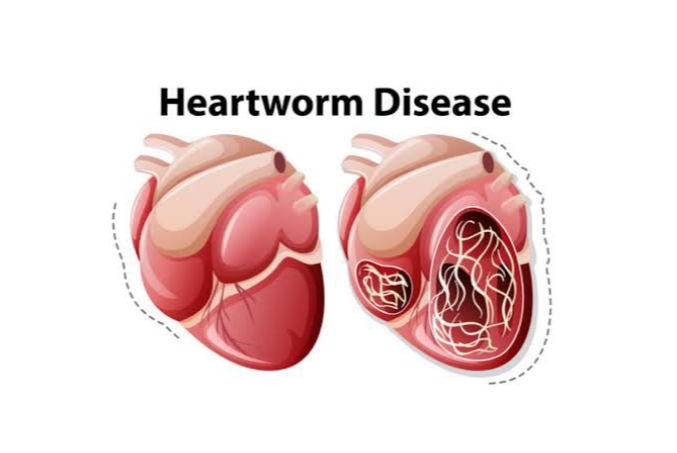Cats Neutering And Castration — A Quick Guide
Having your cat neutered or castrated can sound sort of torture, but it is often essential if you would like to stop unplanned kittens and need to look after your cat’s future health.
These procedures aren’t as bad as they sound, together with your cat quickly bouncing back to full energy and vigour. We’ve put together a fast guide to neutering and castrating so that you’ll make an informed decision on whether or not this may be right for your cat.
Contents
What Is Neutering?
This may also be referred to as spaying and is performed under general anaesthetic. Cats can get pregnant from a young age, take only 9 weeks to offer birth, and return to season again 6 weeks after birth. This suggests that if they’re left to their own devices, they might potentially have 3 litters a year, which isn’t good for her health or the growing cat population.
Cats are often neutered at any age, but under 4 months old is suggested. You’ll usually be ready to devour your cat on an equivalent day, with some instructions from the vet on the way to look after them until they’re feeling 100%. This might be as easy as keeping them certain a couple of days following their operation or perhaps getting them to wear a lampshade collar to stop them from chewing on their stitches.
The Advantages Of Neutering
Aside from the apparent advantage of not having a house filled with unwanted kittens, there are health reasons why neutering may be a good idea. It can drastically reduce the danger of your cat getting infectious diseases and developing tumours or womb infections. These are a number of the most health problems that cats can suffer from, and sometimes it’s seen as kinder to place them to sleep than to place them through intensive treatment.
Neutering can also change and stabilise hormone levels and metabolic rates in cats, meaning they will be less aggressive if they need a bent to be so and need slightly less food – essential if your cat is susceptible to putting on weight.
What Is Castration?
Castration is where a male cat will have his testicles removed, therefore confirming that he won’t be ready to father kittens at any point. The procedure isn’t as big as that of the feminine, so your cat should be ready to return home on an equivalent day, having had dissolving stitches or glue used. They’re going to be given a general anaesthetic, so they could also be groggy for a couple of hours that day but will recover very quickly.
The Advantages Of Castration
Once again, there’ll be fewer unwanted kittens in people’s homes, in animal shelters or left to defend themselves on the road. Male cats also will be less likely to roam and fight with other cats, something we’ve all heard outside our bedroom windows within the dead of night. It’ll reduce the quantity of spraying they struggle to try within the house, too, not feeling the necessity to mark their territory. Like the feminine cat, the health benefits make it worth browsing this easy procedure. Your cat will be unable to possess tumours grown on their testicles, therefore removing the danger of cancer therein a part of the body.



